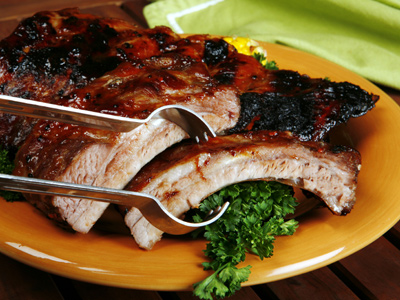
Britain: Social Change 1960-1979 - Divisions, Conflicts And The Changing Role Of Women
This World History quiz is called 'Britain: Social Change 1960-1979 - Divisions, Conflicts And The Changing Role Of Women' and it has been written by teachers to help you if you are studying the subject at high school. Playing educational quizzes is a user-friendly way to learn if you are in the 9th or 10th grade - aged 14 to 16.
It costs only $12.50 per month to play this quiz and over 3,500 others that help you with your school work. You can subscribe on the page at Join Us
In high school, History students will be taught about the social change that took place in Britain between 1960-1979. One area they will look at is that of the division and conflict of the time, including the changing role of women in society.
Ready for more?
not all...
quizzers. Try to win a coveted spot on our Hall of Fame Page.







